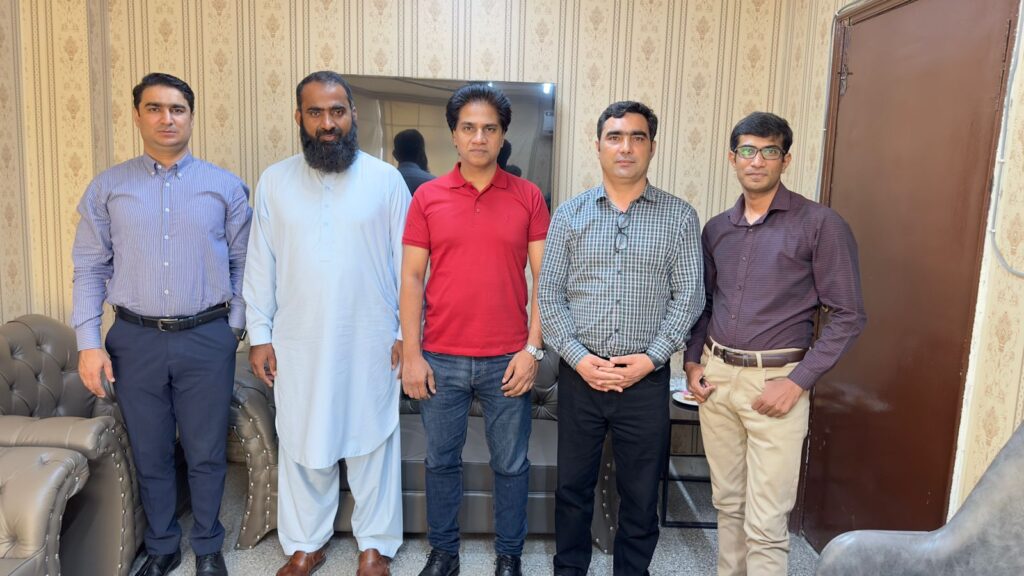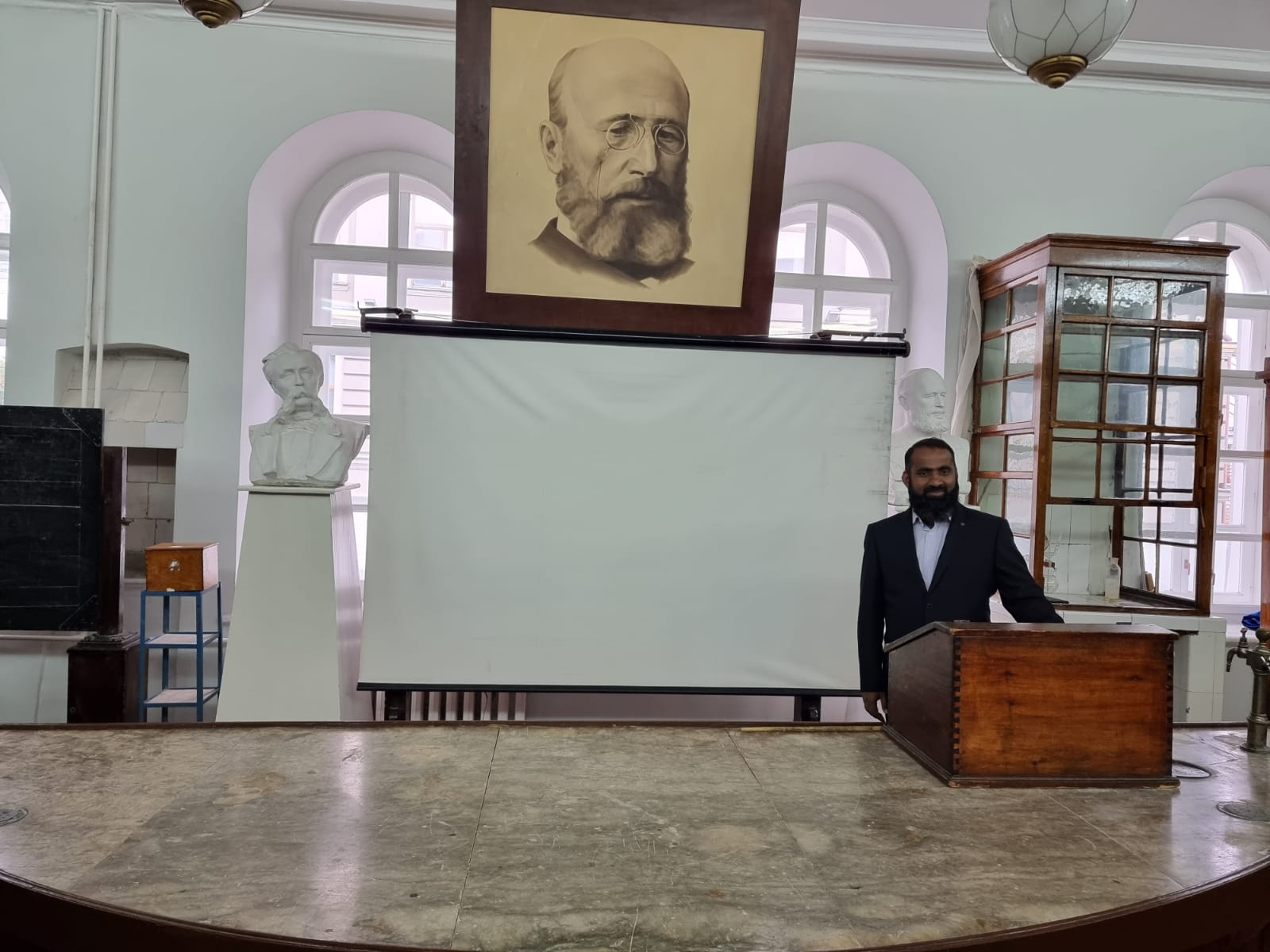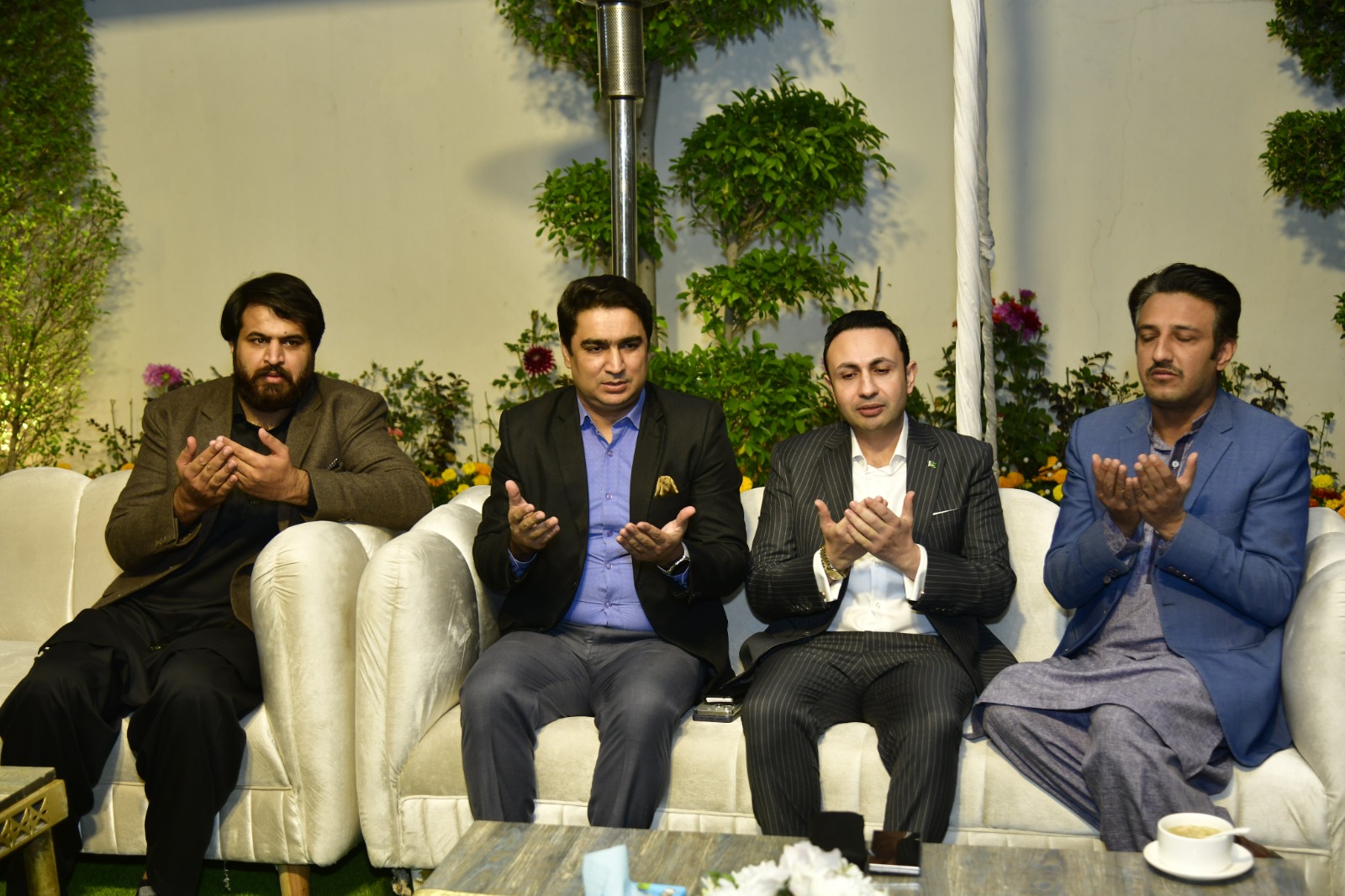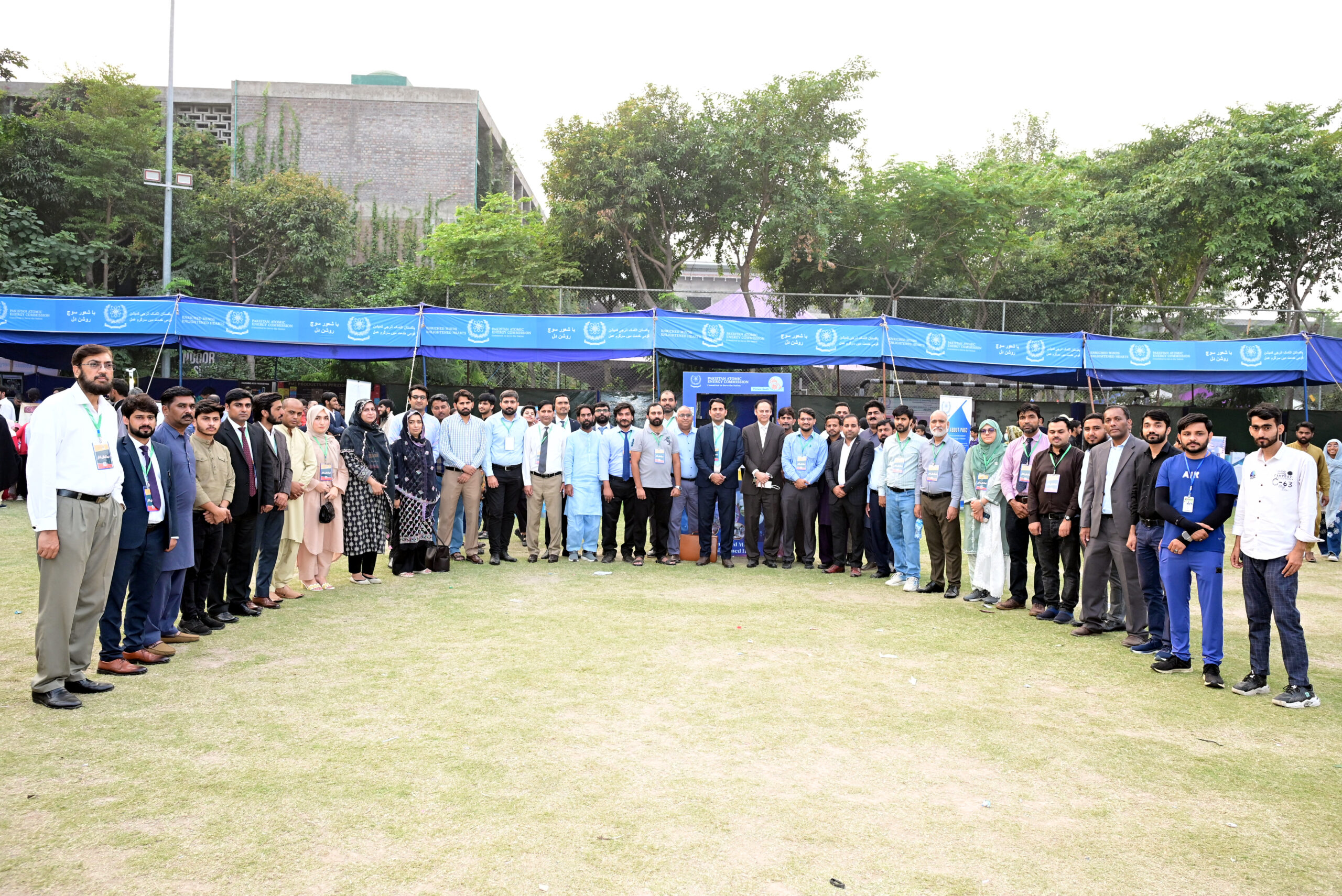Dr. Iqbal Ahmad Khan Jatoi is currently an Assistant Professor in the Department of Chemistry at Allama Iqbal Open University in Islamabad, Pakistan. He holds a PhD in Chemistry from Quaid-I-Azam University and completed his Postdoc in China. Dr. Jatoi is a recipient of the prestigious International Exchange Fellowship from the Chinese government. With over a decade of experience in teaching and research, he specializes in materials chemistry, particularly focusing on energy and environmental materials. His academic contributions include supervising two PhD candidates and guiding 15 M.Phil. theses. Dr. Jatoi’s research has resulted in the publication of 70 articles in esteemed ISI indexed journals, reflecting a significant scholarly impact with a cumulative impact factor exceeding 350, over 1500 citations, and an impressive H-index of 26. He serves as the president of the Academic Staff Association at Allama Iqbal Open University and as the President of the Federation of All Pakistan Universities Academic Staff Associations (FAPUASA) Federal Chapter.
In a special interview with The Green Post, Dr. Iqbal Ahmad Khan Jatoi highlighted both the potential and challenges facing higher education and research in Pakistan. His emphasis on funding, structural reforms, and talent attraction underscores the crucial role of policy in shaping the country’s academic landscape. He stressed that funding remains a critical issue despite the growth in universities, affecting salaries and research capabilities. Dr. Jatoi advocated for structural reforms to support faculty development and retention, essential for preserving talent and preventing brain drain.
Dr. Iqbal Ahmad Khan Jatoi, an Assistant Professor at Allama Iqbal Open University in Islamabad, Pakistan, is pioneering research in addressing environmental challenges through innovative projects like water splitting for hydrogen production. Highlighting the critical importance of environmental sustainability for Pakistan’s development, Dr. Jatoi’s research focuses on harnessing hydrogen as a clean alternative fuel. Unlike traditional fossil fuels, hydrogen offers a renewable solution that produces only water as a byproduct, mitigating environmental impact significantly. His team’s achievements include developing efficient technologies now implemented globally, underscoring their commitment to sustainable energy solutions.
Dr. Jatoi advocates for media campaigns and public awareness programs to foster societal adoption of eco-friendly practices. By showcasing their water splitting innovations and promoting green initiatives, he aims to inspire broader support and enhance environmental consciousness across Pakistan. Moving forward, Dr. Jatoi emphasizes scaling up these technologies through pilot projects and commercialization to make a substantial impact on global energy sustainability.
Regarding Pakistan’s strategy for promoting sustainable energy solutions, Dr. Jatoi recommends concerted efforts in environmental awareness campaigns, promoting alternative fuels like hydrogen, and investing in research on eco-friendly technologies. These initiatives, he believes, are pivotal for achieving long-term environmental sustainability and fostering a cleaner, more sustainable future for Pakistan.
Regarding Allama Iqbal Open University (AIOU), Dr. Jatoi emphasized its significant role in Pakistan’s higher education landscape, particularly in research-based degrees and competitive standings in global rankings like Times Higher Education. He acknowledged initiatives such as face-to-face programs and robust faculties contributing to AIOU’s academic prowess. Reflecting on the impact of Artificial Intelligence (AI) in research, Dr. Jatoi praised its role in enhancing data analysis and experiment optimization, thereby boosting efficiency in chemical research.
Addressing environmental challenges, Dr. Jatoi recommended concerted efforts in promoting environmental awareness and sustainable energy solutions. He highlighted the importance of media campaigns on carbon emissions and research investments in eco-friendly technologies like hydrogen. When discussing reforms for the Higher Education Commission (HEC), Dr. Jatoi proposed prioritizing structural support with standardized promotion policies and adequate funding allocations to enhance academic standards and retain talent. He emphasized the need for Pakistan to attract and retain talented researchers and faculty members through competitive incentives and improved working conditions, crucial amidst global competition.
Dr. Jatoi conveyed a message to policymakers, urging prioritization of funding and structural reforms to ensure Pakistan’s universities thrive globally. He underscored that investing in education is investing in the nation’s future competitiveness. Reflecting on his research in water splitting for hydrogen production, Dr. Jatoi outlined its potential to address environmental challenges and contribute to sustainable energy solutions. He emphasized the importance of scaling up such innovations through pilot projects and commercialization to make a significant impact on global energy sustainability.
Managing the rotational leadership within his organization, Dr. Jatoi highlighted strategies for equitable representation and effective governance, ensuring each entity contributes to the executive council’s goals. He emphasized collaboration with governmental bodies to advocate for educational initiatives and secure sustainable support for university-level associations. In conclusion, Dr. Jatoi discussed strategies for Pakistan’s government to attract and retain talented academics and researchers, emphasizing initiatives like exchange fellowships and competitive incentives to strengthen the higher education sector and mitigate brain drain.








